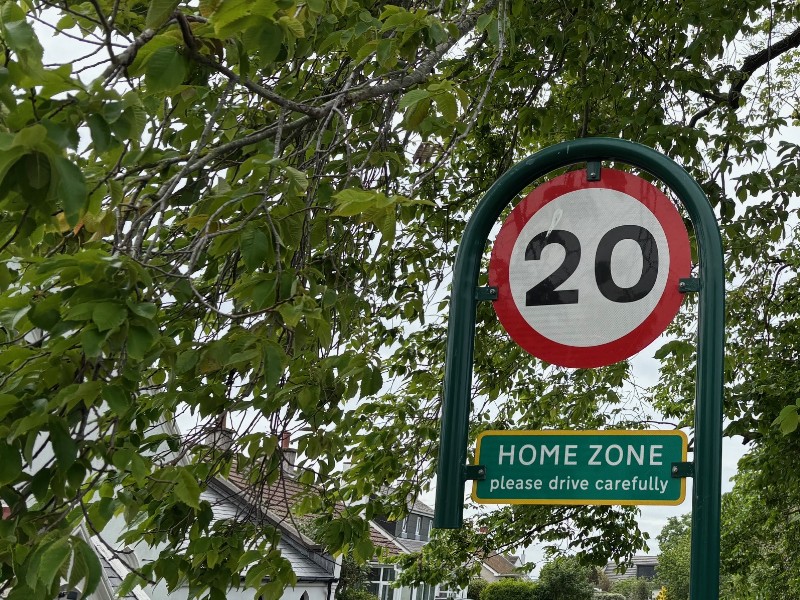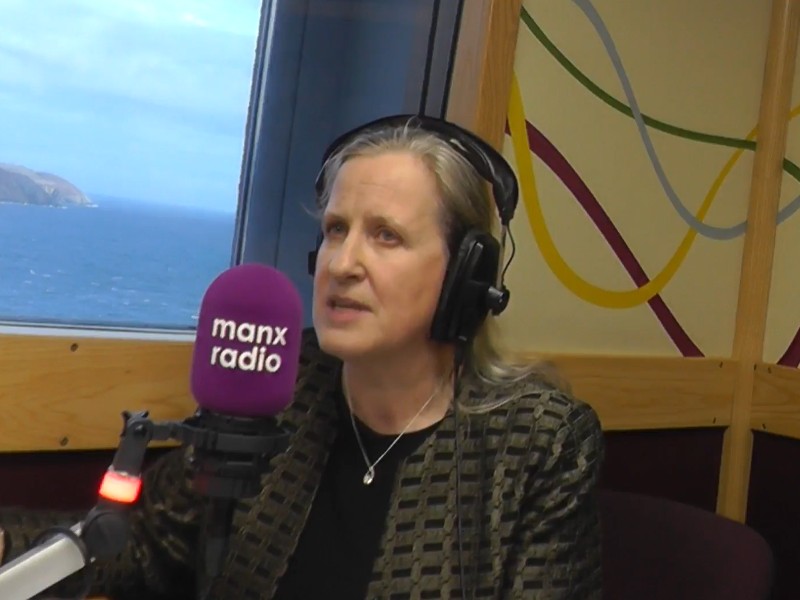
New government report shows reforms underway but warns change won’t happen overnight
The Department of Health and Social Care has published its latest annual report on the Health and Care Transformation Programme, outlining progress made over the past 12 months and the challenges that continue to shape the delivery of services.
The update confirms that three of the 26 recommendations made by Sir Jonathan Michael in his 2019 review were completed during the year.
These include the introduction of external quality inspections, the embedding of a rolling joint strategic needs assessment, and the operation of an enhanced emergency air bridge service in partnership with the Great North Air Ambulance.
Other projects continue to move forward, such as the development of the Manx Care Record, which will create a single electronic patient record across the health system.
An outline business case was approved earlier this year, with a full business case now being prepared.
Legislative reform is also advancing, with the Health and Care Services Bill set to be drafted following a public consultation that received more than 200 responses.
Work is also progressing on shifting more care into community settings.
Pilots in areas such as dermatology, frailty, musculoskeletal services and mental health have been trialled across localities, while early work has begun to establish multi-disciplinary “locality hubs”.
A pilot of a virtual GP service in Ramsey reportedly also received positive feedback.
At the same time, a review of funding models for residential and personal care is being carried out, with options under consideration including a Jersey-style mixed model or a Scottish-style free personal care system.
A final report is expected to go before the Council of Ministers before being presented to Tynwald.
However, the report highlights significant challenges, including the need to recruit and retain staff, difficulties in embedding new ways of working across organisational boundaries, and the financial pressures facing the system.
In 2024/25 the programme spent £4.4 million against a budget of £5.8 million, with underspends linked to vacancies and delayed projects.
DHSC’s priorities for the coming year include expanding community-based care, introducing a single point of access for urgent and emergency services, strengthening workforce planning, and accelerating the rollout of digital infrastructure.
Health Minister Claire Christian said: “While structural reforms have created space for collaboration, embedding new ways of working takes time and sustained effort.
“Despite these challenges, meaningful progress has been made across the health and care system, reflecting a strong commitment to long-term transformation and resilience.”
Interim Chief Officer Tim O’Neill added: “If we are to deliver the transformation in health and social care that our wonderful Island deserves, collectively we must be prepared and enabled to challenge the status quo and adapt as needed in our journey.”


 Person dies following road traffic collision at Hillberry
Person dies following road traffic collision at Hillberry
 Contractors to start installing 20mph signs in Douglas and Onchan
Contractors to start installing 20mph signs in Douglas and Onchan
 Road closures in place following incident in Hillberry area
Road closures in place following incident in Hillberry area
 Accessible bus stops rolled out across Bus Vannin network
Accessible bus stops rolled out across Bus Vannin network